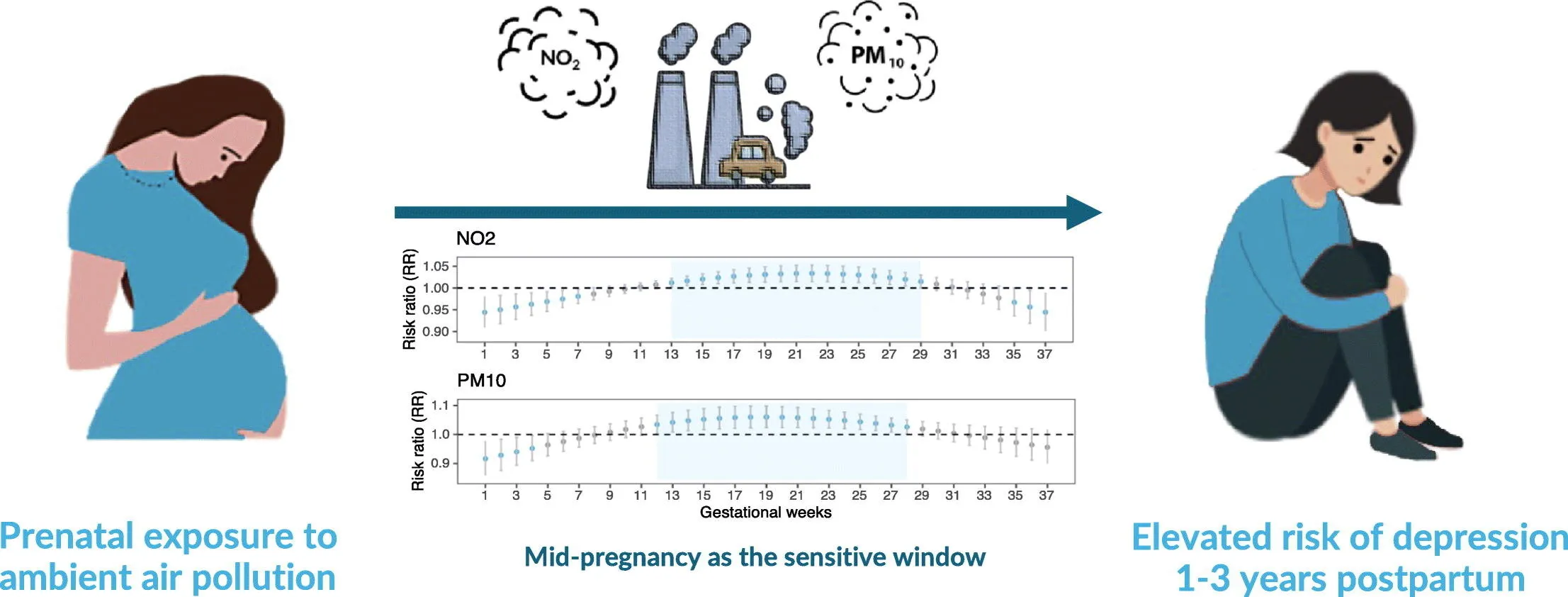Health Research Reveals Air Pollution's Link to Postpartum Depression Risk

Exploring the Link Between Air Pollution and Postpartum Depression
Recent medicine research indicates a troubling correlation between air pollution exposure and postpartum depression in women. Pregnant women who encounter high levels of nitrogen dioxide (NO2) or particulate matter (PM10) during their second trimester are at a staggering fourfold increased risk of developing postpartum depression.
Study Findings
- Research suggests that higher exposure correlates with increased mental health challenges.
- The effects of air pollution may persist for at least three years post-delivery.
This health research emphasizes a critical area of concern for maternal health, urging healthcare providers to consider environmental factors in patient assessments.
Recommendations and Future Directions
- Enhance monitoring of air quality around pregnant women.
- Integrate findings into public health strategies to safeguard maternal well-being.
Disclaimer: The information provided on this site is for informational purposes only and is not intended as medical advice. We are not responsible for any actions taken based on the content of this site. Always consult a qualified healthcare provider for medical advice, diagnosis, and treatment. We source our news from reputable sources and provide links to the original articles. We do not endorse or assume responsibility for the accuracy of the information contained in external sources.
This article was prepared using information from open sources in accordance with the principles of Ethical Policy. The editorial team is not responsible for absolute accuracy, as it relies on data from the sources referenced.